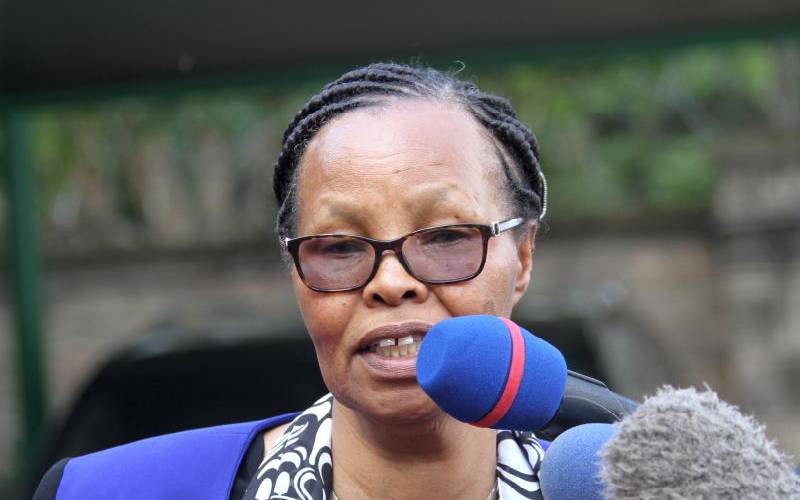×
The Standard e-Paper
Join Thousands Daily

The national examinations agency has pleaded with the 1.9 million KCPE and KCSE candidates to avoid cheating in the upcoming tests.
In a passionate letter released yesterday, the Kenya National Examination Council (Knec) said it is painful for the agency to cancel results each year for candidates who cheat.